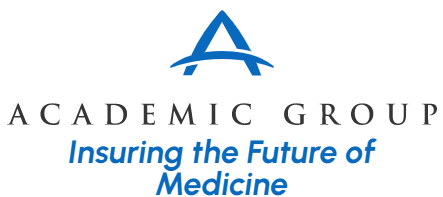Legal consequences of apologizing
State “apology laws” actually fail to reduce medical malpractice liability
While state apology laws make apologies by medical professionals inadmissible as evidence in malpractice trials, research shows that the apology doesn’t reduce litigation. The idea behind the law is that upon receiving an apology, a patient would be less likely to pursue medical malpractice and more likely to simply settle filed claims. Consequently, after hearing that a doctor made a medical error with the apology, the patient’s motivation to pursue a claim may increase, regardless if the apology itself is inadmissible in court. There is little evidence that apology laws actually achieve their purpose of reducing litigation - something all medical professionals need to be aware of.
There are cases upon cases of well-intended physicians who are personally invested in their patients’ cases, coming to know them and their families intimately, sometimes for years or decades. It’s natural for a doctor to feel badly for any unfortunate medical outcome - it’s natural to offer a sincere apology. But it’s these heartfelt sentiments and sympathies that are landing physicians in hot water with medical malpractice suits.
Experts show the increasing data of state apology laws are increasing liability claims while failing to reduce medical malpractice claims. Even though the laws were put in place to protect physicians, it’s actually having the opposite effect.
We’re left to wonder: should the laws be removed altogether? Is there a way to improve them to protect medical professionals while allowing them to show compassion? Most apology laws were passed in the 1990’s and 2000’s, so it’s no surprise that there’s room for relevancy and improvement. In fact, Massachusetts, Iowa, Oregon, and Colorado recently passed new apology laws that promote development of disclosure programs within healthcare organizations.
What the research shows
Stanford Law Review’s research by Benjamin McMichael showed the following findings regarding state apology laws failing to reduce medical malpractice risk: [https://review.law.stanford.edu/wp-content/uploads/sites/3/2019/02/McMichael-71-Stan.-L.-Rev.-341-2019.pdf]
Apology laws didn’t reduce the probability surgeons would face a claim- For nonsurgeons, apology laws raised the probability of being sued and increased the average payment to resolve claims
- Apology laws increased premiums charged to general surgeons, internists, and obstetrician-gynecologists by 10% to 16%
McMichael used data from various studies, spanning from 2004-2014, 1999-2011, and 2021.
Doctors have cited cases of simply telling patients and their families that they’re sorry they’re going through this, only to find themselves being sued. These genuine concerns are being misconstrued as admission to medical malpractice. Physicians do cite feeling the moral, human drive to apologize to their patients when it’s appropriate, regardless of the protections or laws working for or against them.



